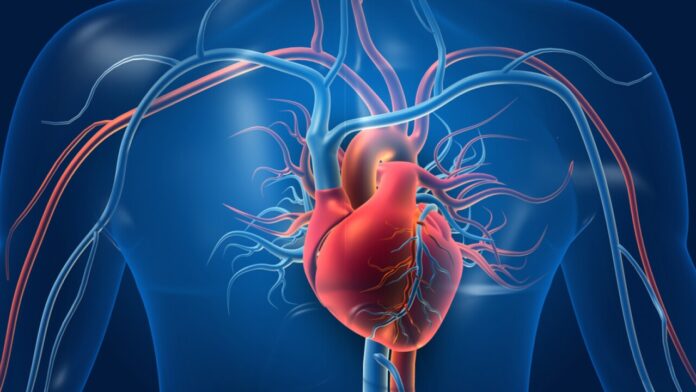Excessive anger and stress are significant risk factors for heart attacks, and the link between them is well-documented in medical research. Here’s how these emotions can lead to an increased risk of heart attack:
1. Physiological Responses to Anger and Stress
- Fight-or-Flight Response: When a person experiences anger or stress, the body activates the “fight-or-flight” response. This leads to the release of stress hormones like adrenaline and cortisol.
- Increased Heart Rate and Blood Pressure: These hormones cause the heart to beat faster and blood vessels to constrict, raising blood pressure. Over time, these effects can damage the cardiovascular system.
- Inflammation: Chronic stress and anger can also lead to inflammation in the body. Inflammation is a key factor in the development of atherosclerosis, a condition where plaque builds up in the arteries, leading to heart disease.
2. Impact on the Cardiovascular System
- Atherosclerosis and Plaque Rupture: The stress response can contribute to the buildup of plaques in the arteries. If these plaques rupture, they can cause a blood clot, which can block the flow of blood to the heart, leading to a heart attack.
- Increased Risk of Arrhythmias: Excessive anger and stress can cause irregular heartbeats, known as arrhythmias. Severe arrhythmias can reduce the heart’s ability to pump blood effectively, increasing the risk of a heart attack.
- Reduced Blood Flow to the Heart: Stress-induced hormones can cause the blood vessels to constrict, reducing blood flow to the heart. This can result in chest pain (angina) or a heart attack.
3. Behavioral Factors
- Unhealthy Coping Mechanisms: People who frequently experience anger and stress may engage in unhealthy behaviors such as smoking, overeating, or drinking alcohol. These behaviors further increase the risk of heart disease and heart attack.
- Poor Sleep: Stress and anger can lead to poor sleep quality, which is another risk factor for heart disease. Lack of sleep can increase blood pressure and contribute to other cardiovascular issues.
4. Chronic Stress and Long-Term Effects
- Cumulative Effect: Chronic stress and frequent episodes of anger can have a cumulative effect on heart health. Over time, the constant strain on the cardiovascular system can weaken the heart muscle and increase the risk of a heart attack.
5. Preventive Measures
- Stress Management Techniques: Techniques such as deep breathing, meditation, exercise, and therapy can help manage stress and reduce anger, thereby lowering the risk of heart attack.
- Healthy Lifestyle Choices: Maintaining a healthy diet, regular exercise, and avoiding smoking and excessive alcohol can mitigate the cardiovascular risks associated with stress and anger.
In summary, excessive anger and stress can significantly strain the cardiovascular system, leading to increased risks of heart attack through a combination of physiological, behavioral, and chronic effects. Managing stress and anger through healthy lifestyle choices and stress reduction techniques is essential for heart health.



